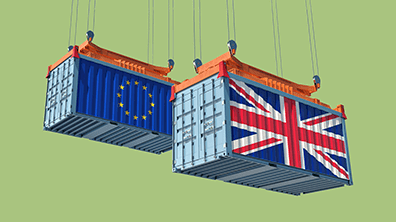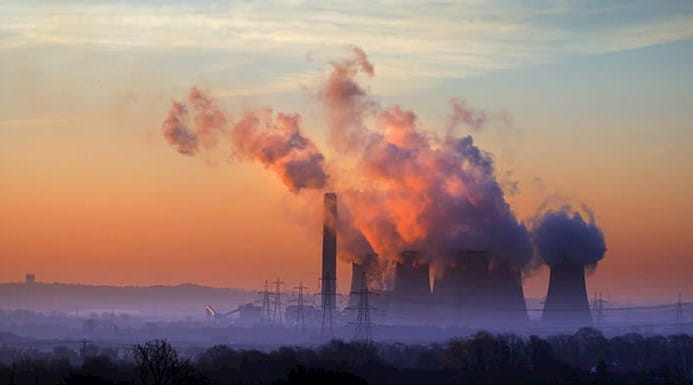Driffield, also a professor of international business at Warwick Business School, says the experience of the last few years has highlighted the need to beef up the resilience of supply chains, and accountants have an essential role to play in understanding the cost trade-offs that will be required.
“We will see some reorganisation of activity and for various reasons – not least environmental – we will see organisations looking to relocate business activity closer to the customer, particularly in a UK context where our value proposition to the world has changed. We are no longer the springboard to the EU for the rest of the world – that has fundamentally changed,” Driffield says.
Since Brexit, the UK has signed trade deals and agreements in principle with 69 countries and one with the EU. However, the majority are "rollover" deals - copying the terms of deals the UK already had when it was an EU member, rather than creating new benefits.
Since the creation of the single market in 1992, British firms have done a phenomenal job of extracting value from extended supply chains across Europe, Driffield says. “Companies are now faced with the prospect of higher tariffs or having to hold more stock. The problem now is we want to lift ourselves out of that and it really is like trying to get eggs out of a cake.”
Costs rises are inevitable, Driffield warns, and the disruption of the past two years exacerbated by the pandemic and events including the six-day blockage of the Suez Canal following the grounding of the Ever Given container ship has highlighted the need for shortened supply chains to mitigate potential disruption and reduce the environmental impact of global production.
The emphasis will shift from being as cheap as possible to being more resilient, Driffield predicts. “We’ve chosen to have a different relationship with the richest markets in the world. That requires a more nuanced understanding of what we can do here, not just words about levelling up,” Driffield says.
Inevitably governments pass value judgments about the importance of certain industries to the UK economy, however those value judgments are made on the basis of political decisions such as where marginal constituencies are, rather than being based on an economic benefit, Driffield says.
“Politicians of all hues talk about trade like it is still 1850. But the supply chain for products today spans various tiers and countries. If you buy a truck in Europe, the components have probably been in and out of the country five or six times by the time it comes out of the factory. It’s a lot cheaper to ship components around the world so firms have recognised that they want to do the assembly relatively close to the customer.”
Accountants should be at the centre of this shift, Driffield urges, as the need to understand the financial implications of trade-offs between different costs ramps up. “Accountants are the ones making the financial decisions. It’s about where as well as what you make or buy. One of the questions they must increasingly ask is ‘where can we shorten supply chains.’ It requires accountants and logistics people to work together.”
At the same time, any conversations about reshoring and changing the nature of the UK’s trade proposition must go hand in hand with a pre-emptive focus on skills and training, Driffield says. “One of the things I find most frustrating about this is that we wait for skills shortages to show up before we invest in training. It’s about linking training and skills development to industrial strategy and identifying gaps in supply chains with training.”
Already the negative impact of Brexit on inward investment in some sectors is glaringly apparent. The advanced manufacturing sector is a case in point, Driffield says, seeing virtually no new investment since 2016. And financial sweeteners for big business or headline-grabbing visa lanes for the most sought-after skills do little more than tinker at the edges or what Driffield believes is now a perennial problem.
“The government needs to be honest about the fact that there will be Brexit winners and losers. It’s about what you can do to support the losers. That’s not just chucking money at anyone who will build a factory. It’s about linking industrial strategy to skills. We need to understand what skills we should be generating, resourcing Further Education properly and recognising that this is a 15-year project to improve our productivity and level up.”
Trade: clean growth and tech
Clean growth and the application of major emerging technologies to existing sectors are two key characteristics of trade in 2022. Add to these levelling up supported by foreign direct investment, and there are exciting future prospects for business and the prosperity of communities globally.




